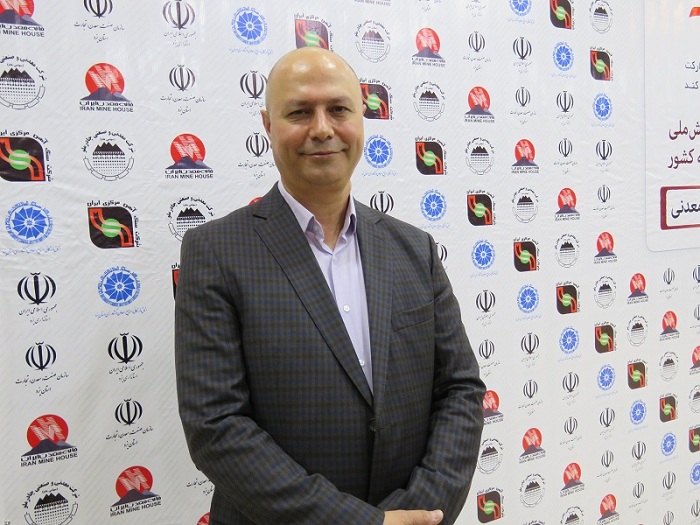Intensification of the budget deficit by not returning the 15,000 billion tomans demanded by the government from the mines

Chairman of the Mines and Mining Industries Commission of the Iran Chamber: Failure to receive the government's demands from the mining sector, which according to the prosecutor of the Court of Audit has reached 15,000 billion tomans, could exacerbate the government's budget deficit.
According to the International Iranian Stone Exhibition, Bahram Shakoori, referring to the government's demands from mining activists, said: 98.3% of the country's mines are in the hands of the private sector and part of the government's demands from the mines are related to government contracts with this sector. It will not be possible to continue the cooperation if you do not pay.
The head of the Mines and Mining Industries Commission of the Iran Chamber of Commerce and Industry stated: Another type of contract is called property interest due to large mines owned by private companies such as Gol Gohar, Chadormelo or National Iranian Copper Industries. And due to suitable operating conditions, they can pay their claims.
Referring to the problems of the Kharvana mine, he said: "The Kharvana mine was set up by the private sector with the help of the Russians and Georgians, and in recent months there have been problems with the payment of its claims to the government, of which I do not know exactly."
Referring to the ownership of the Zarshuran mine in Takab, Shakoori said: "The Zarshuran mine belongs to Imidor and is not very efficient due to the government structure. This organization has sought to transfer this mine to the private sector."
He added: "The private sector has repeatedly stated that it has no problem with discussing government ownership of the mines, but management should be in the hands of this sector, which can include the Mehdi Abad mine and the Kahnooj titanium mine, and whenever the applicant requests capital adequacy." It was not invested and it was not deprived of points.
Shakuri continued: "The experience of public administration in the economy has not been very successful, and the experience of the former Soviet Union shows the inadequacy of governments for economic enterprise."
The head of the Mines and Mining Industries Commission of the Iran Chamber stated: Failure to receive the government's demands from the mining sector, which according to the prosecutor of the Court of Audit has reached 15,000 billion tomans, could exacerbate the government's budget deficit.
He added: "The transfer of Kharvana mine has been transferred in the form of ownership, while the private sector proposes to transfer the management of these mines and will prevent problems related to rent-seeking and cheap sale of state-owned enterprises. This project will take place in the second stage." The management of the enterprise is and in the second step, the plan is determined by competing in the price of the investment task.
Shakoori stated: Anfal mines are public and it is not a question of handing over the mining land, in other words, by issuing an exploitation license, exploration and storage of minerals will be done.
The head of the Iran Chamber of Mines and Mining Industries Commission stated: The situation is different for large mines, in these large mines exploitation licenses will be issued in favor of the government and the private sector will enter the project as an investor.
He added: "The mining sector is one of the potential areas that if the obstacles are removed and the activists in this field are valued, the ability to increase government revenues to the level of oil revenues will be possible."
Shakoori stated: Only 5% of the country's area is in the possession of the private sector, and 50% of this capacity is facing closure for some reasons.
The head of the Mines and Mineral Industries Commission of the Iran Chamber stated: "For the mineral revolution and the replacement of the revenues of this sector with oil revenues, we need the support of the executive bodies to increase the exploitation of mineral reserves."










